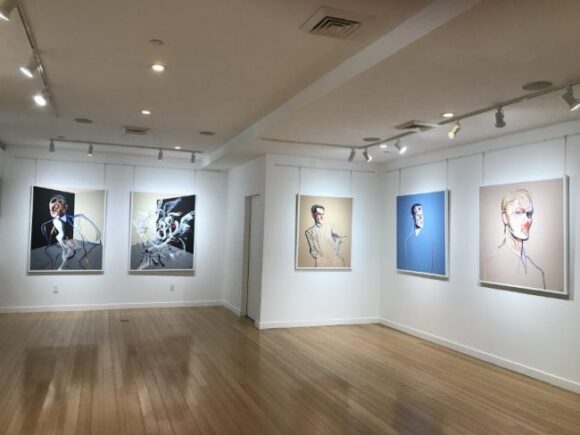The 2nd Circuit Court of Appeals ruled Monday that the coronavirus did not cause a direct physical damage or loss to a New York City art gallery — issuing the latest in a long series of defeats for policyholders seeking coverage for losses caused by pandemic closure orders.
Its was the second federal appellate court ruling within a week that rejected a COVID-19 business-interruption claim. The 10th Circuit on Dec. 21 affirmed dismissal of a similar lawsuit filed by Goodwill Industries.
In total, eight of 12 US Circuit Courts have ruled against lawsuits that sought coverage for income lost because of the coronavirus pandemic.
10012 Holdings Inc. operates the Guy Hepner art gallery in Manhattan. The company sought coverage under a commercial property policy issued by Sentinel Insurance Co. after the state temporarily shut down non-essential businesses in March 2020 to slow the spread of COVID-19. Sentinel denied the claim, saying there was no physical damage to the gallery or in the immediate area.
The US District Court for Southern New York granted the insurer’s motion to dismiss a lawsuit filed by the art gallery. A panel of the 2nd Circuit affirmed the ruling.
The panel’s opinion said New York law on business interruption claims was interpreted by an appellate court decision in 2002, titled Roundabout Theatre Co. v. Cont’l Cas. Co. In that case, the theater sought coverage for income lost when it had to cancel performances because of a street closure. The court decided that the monetary loss was not covered because there was no physical damage.
10012 Holdings alleged that it was owed coverage under the business Income, extra expense and civil authority provisions of its policy. It pointed to a decisions that awarded coverage for similar misfortunes.
For example, courts determined Pepsico was owed coverage for the cost of a batch of soft drink product that had to be discarded because it had been produced using faulty ingredients. Also, courts have determined that particulates such as asbestos, odors and noxious fumes could trigger coverage under certain policies.
But the appellate panel said that there’re loss of use of premises when there is no physical damage does not constitute a “direct physical loss” that is covered by the policy’s business income and extra income provisions. The civil authority provision in the policy also does not apply because there was no “risk of direct physical loss” to the property; rather the government orders that forced the art gallery to close were issued because of a risk to public health.
The panel also denied a request by the art gallery to send a certified question to the New York Supreme Court, which has final say over interpretations of state law.
“If there were disagreement in the lower New York courts, certification might still be justified, but as we already noted, every New York court interpreting the phrase ‘direct physical loss’ has read it the same way and denied coverage,” the opinion says.
A panel of the 10th Circuit Court of Appeals also denied coverage for COVID-19 business losses after hearing an appeal filed by Goodwill Industries of Central Oklahoma. Philadelphia Indemnity Insurance Co. had denied its claim for business income lost after it was forced to close because of the pandemic.
“The business income provision unambiguously covered only losses stemming from physical alteration or tangible dispossession of property,” the panel’s opinion says. “Neither occurred here.”
The 4th, 6th, 7th, 8th, 9th, and 11th Circuit Courts have also rejected arguments that COVID-19 caused a direct physical loss or damage covered by commercial insurance policies.
About the photo: An exhibit of works by artist Loribelle Spirovski at the Guy Hepner art gallery is shown. Photo courtesy of Guy Hepner.
Was this article valuable?
Here are more articles you may enjoy.


 Navigators Can’t Parse ‘Additional Insured’ Policy Wording in Georgia Explosion Case
Navigators Can’t Parse ‘Additional Insured’ Policy Wording in Georgia Explosion Case  Charges Dropped Against ‘Poster Boy’ Contractor Accused of Insurance Fraud
Charges Dropped Against ‘Poster Boy’ Contractor Accused of Insurance Fraud  LA County Told to Pause $4B in Abuse Payouts as DA Probes Fraud Claims
LA County Told to Pause $4B in Abuse Payouts as DA Probes Fraud Claims  Uber Jury Awards $8.5 Million Damages in Sexual Assault Case
Uber Jury Awards $8.5 Million Damages in Sexual Assault Case 